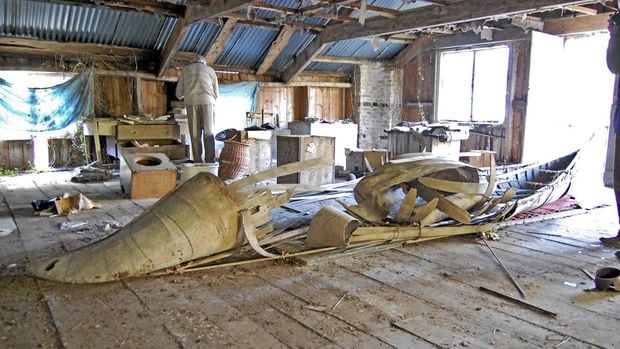 This time it’s James Madison. Google counts over 200,000 webpages attributing the following sentence to him:
This time it’s James Madison. Google counts over 200,000 webpages attributing the following sentence to him:
Americans have the right and advantage of being armed—unlike the citizens of other countries whose governments are afraid to trust the people with arms.
Often that attribution comes with what looks like a citation: “The Federalist Papers #46 at 243-244.”
But here’s the full text of
#46 of the Federalist Papers. It doesn’t contain those words. It contains
some of them, in the following passage (emphases added):
Let a regular army, fully equal to the resources of the country, be formed; and let it be entirely at the devotion of the federal government; still it would not be going too far to say, that the State governments, with the people on their side, would be able to repel the danger. The highest number to which, according to the best computation, a standing army can be carried in any country, does not exceed one hundredth part of the whole number of souls; or one twenty-fifth part of the number able to bear arms. This proportion would not yield, in the United States, an army of more than twenty-five or thirty thousand men. To these would be opposed a militia amounting to near half a million of citizens with arms in their hands, officered by men chosen from among themselves, fighting for their common liberties, and united and conducted by governments possessing their affections and confidence. It may well be doubted, whether a militia thus circumstanced could ever be conquered by such a proportion of regular troops. Those who are best acquainted with the last successful resistance of this country against the British arms, will be most inclined to deny the possibility of it. Besides the advantage of being armed, which the Americans possess over the people of almost every other nation, the existence of subordinate governments, to which the people are attached, and by which the militia officers are appointed, forms a barrier against the enterprises of ambition, more insurmountable than any which a simple government of any form can admit of. Notwithstanding the military establishments in the several kingdoms of Europe, which are carried as far as the public resources will bear, the governments are afraid to trust the people with arms. And it is not certain, that with this aid alone they would not be able to shake off their yokes. But were the people to possess the additional advantages of local governments chosen by themselves, who could collect the national will and direct the national force, and of officers appointed out of the militia, by these governments, and attached both to them and to the militia, it may be affirmed with the greatest assurance, that the throne of every tyranny in Europe would be speedily overturned in spite of the legions which surround it.
Madison was writing in favor of the new
U.S. Constitution during the ratification debate of 1788. He dismissed the fear that the stronger national government’s standing army could become a tool of tyranny by pointing to the
militias of the “subordinate governments”—i.e., the states.
Madison contrasted that early American system to European societies, supposedly more susceptible to oppression. He assured readers that those nations lacked two things: arms and “the additional advantages of local governments chosen by themselves.” Madison was “not certain” that arms alone could cast off national tyranny, but felt “the greatest assurance” that the combination of arms and local republics could.
Madison didn’t address the possibility that state governments could be tyrannical, aided by their militias/armed populace. Or what would happen if the militia system he knew went away and the national government and standing army grew, but governments at all levels also grew more democratic—the situation we have now.
Who cobbled together different phrases from Madison’s essay to produce the false quotation? I’m not sure. Wayne LaPierre of the National Rifle Association included it in his 1994 book
Guns, Crime, and Freedom, with brackets around the word “have,” suggesting that he knew something had changed from the original. Google Books suggests that the quote appeared before that in the
American Legion Magazine around 1989. But there are no examples of this Madison “quotation” earlier than that.
Google Books offers an easy modern way to check whether a quotation actually comes from the Federalist Papers, or any other book published in quantity before 1923 (as most of the famous Founders’ papers were). Search for the quotation with the “Full view” toggle on. That knocks out all the books still under copyright, including recent books that could just be echoing the same myth back and forth.
Through 22 January, the Massachusetts Historical Society hosts an exhibit titled “Josiah Quincy: A Lost Hero of the Revolution.” This coincides with the publication of the final two volumes of Portrait of a Patriot: The Major Political and Legal Papers of Josiah Quincy Junior by the Colonial Society of Massachusetts.


